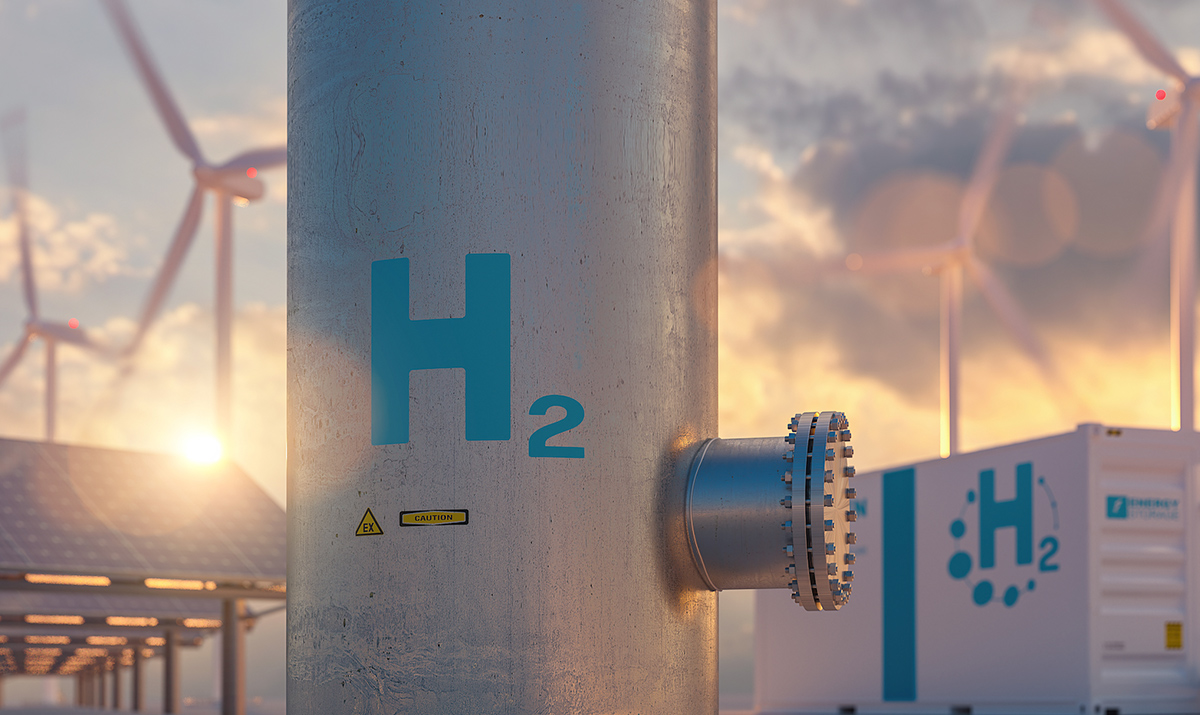
20 Nov Vassiliko LNG terminal to open in 2024
The introduction of natural gas will reduce the island’s energy isolation and its emissions
Unconnected to the gas and electricity networks of any other state, Cyprus currently depends on imported shipments of heavy gas oils (HGOs) to generate most of its power. According to Antonis Patsalis, chairman of the Cyprus Natural Gas Public Company (DEFA or CyGas), “As a European Union member, Cyprus is working to reduce its greenhouse gas emissions and transition to more sustainable energy resources. Natural gas is considered a transitional fuel in that — burning natural gas instead of HGOs will reduce our emissions by 30%.”
DEFA has been established as a semi-governmental organization to facilitate the introduction of the greener fuel to Cyprus. “We’re tasked with importing, storing, distributing, transmitting, supplying and trading natural gas. Initially, our responsibilities are the construction and management of a liquefied natural gas (LNG) import terminal and the development of a national transmission system. The LNG import terminal is a crucial step toward cleaner energy and reducing Cyprus’ energy isolation,” asserts Patsalis.
The terminal is being built at Vasiliko Port on the country’s west coast. It will have a capacity of 0.1 billion cubic feet per day and is scheduled start operating in July 2024. “The project consists of three main parts, the biggest of which is the acquisition and conversion of an LNG carrier into a floating storage and regasification unit (FSRU). This work is being carried out through our subsidiary, the Natural Gas Infrastructure Company, and is almost finished,” he reveals. “The second part is a jetty with permanent mooring infrastructure to berth the FSRU. The jetty under construction has been designed to accommodate and host cryogenic piping so gas can be transported at low temperatures.”
The third element is a gas transmission system, initially within a 5-kilometer radius from the port, that will supply power producers. At a later stage, DEFA will develop networks to supply the nations’ households and industries, with tourism being one priority sector. Bearing in mind Cyprus’ longer-term decarbonization goals, all pipelines will be designed to carry hydrogen as well as natural gas.
“This is a capital intensive project and the biggest energy project ever undertaken in Cyprus. The capital costs are estimated to be $357 million, which has been financed through a grant from the EU, debt financing from the European Investment Bank and the European Bank for Reconstruction and Development, plus a shareholder contribution from the Electricity Authority of Cyprus,” says Patsalis.
In tandem with the project’s construction, DEFA has issued a tender for gas supplies, he adds: “One of our main objectives is to secure sufficient supply at the lowest possible prices to cover the country’s electricity production needs. I’m hopeful that we will manage to acquire cheaper sources of energy to help bring down electricity prices.”
Beyond the import terminal, DEFA has other big projects on the horizon. “The Russia-Ukraine war has pushed Cyprus to invest more in infrastructure to cover its energy needs,” he states. “The Minister of Energy, Commerce and Industry’s objective is not only to bring LNG to Cyprus through the FSRU, but also to bring gaseous natural gas, either from Cyprus’ exclusive economic zone (EEZ) or from Israel. Bringing gas to Cyprus and building a liquefaction plant here to convert it into LNG for export is a way for us to participate in the EU’s energy requirements.”
As Patsalis notes, “The discovery of natural gas in Cyprus’ EEZ has opened up exciting opportunities for international investors. It will lead to the creation of a sector requiring significant infrastructure, as well as specialized technology and service providers. In addition, our emerging gas market is an ideal area for research collaborations. Cyprus will play a very important role in developing the Eastern Mediterranean’s reserves by hosting infrastructure or the companies that will support, operate and maintain all the networks being built in the region.”
Stavros Pantzaris, chairman of EY Cyprus, concurs with this assessment: “There’s a lot of discussion in Europe about reducing dependency on Russian gas and Cyprus can help in this, because of its strategic location and through the utilization of East Mediterranean natural gas resources, including those of Cyprus and Israel.”
